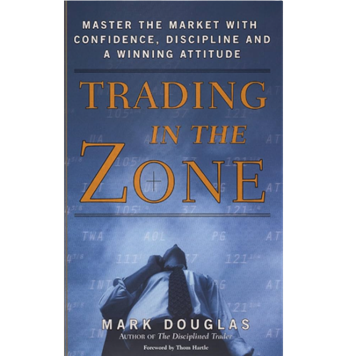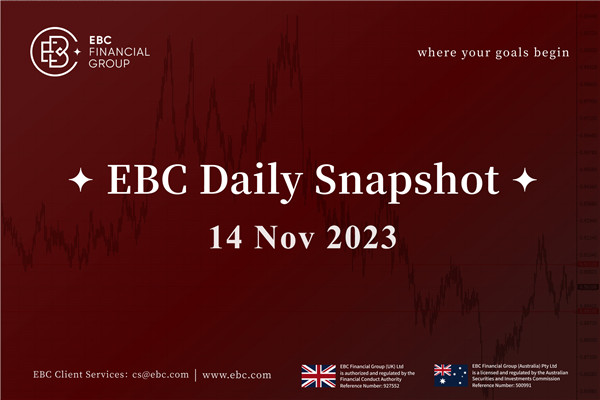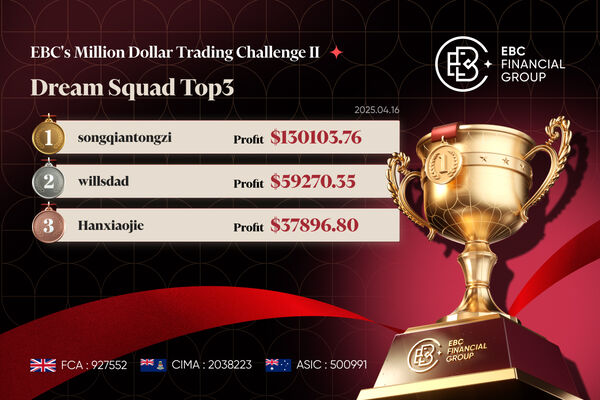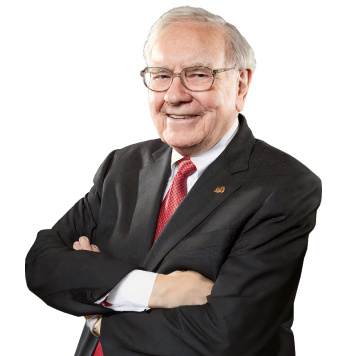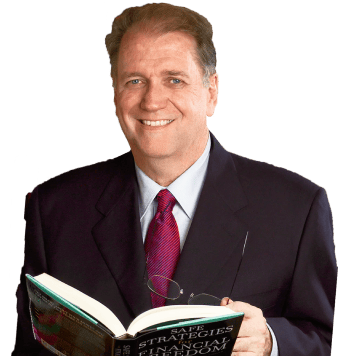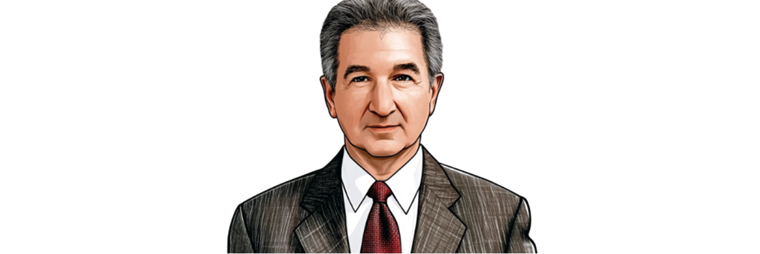
Who Was Mark Douglas? The Voice of Trading Psychology
In the world of finance, where charts, numbers, and algorithms often take centre stage, Mark Douglas stood out as a voice that shifted the focus inward — towards the human mind. Born in 1948. Douglas became widely known as the father of trading psychology, a mentor who helped thousands of traders understand that success in the markets is not solely about strategies or systems, but about the mindset with which one approaches risk and uncertainty. His bestselling books, The Disciplined Trader (1990) and Trading in the Zone (2000), remain cornerstones of trading literature, read and re-read by both novice traders and seasoned professionals.
Douglas's message was simple yet revolutionary: trading is a probability game, and the only true control a trader has is over their own mind. His life's work was dedicated to teaching others how to think in probabilities, detach from fear, and achieve consistency through discipline.
From Struggles to Strength: Mark Douglas's Early Trading Journey
Mark Douglas's career began outside the markets. He studied Interpersonal Communication and Political Science at Michigan State University, later working in the insurance industry. It was not until 1978 that he ventured into the world of trading, taking up a role at Merrill Lynch in Chicago. Like many new traders, he was drawn to the excitement of financial markets but quickly encountered the harsh reality of inconsistency, emotional stress, and repeated failure.
His personal struggles with trading losses became a turning point. Rather than walking away, Douglas sought to understand why intelligent, well-prepared traders so often fail. He realised that the problem was rarely the market itself, nor even the strategy, but rather the trader's psychological response to uncertainty and loss. This realisation inspired him to found Trading Behaviour Dynamics, Inc., where he began coaching traders, hedge funds, and institutional desks, teaching that psychology is the hidden edge.
Mind Over Market: The Core of Mark Douglas's Philosophy
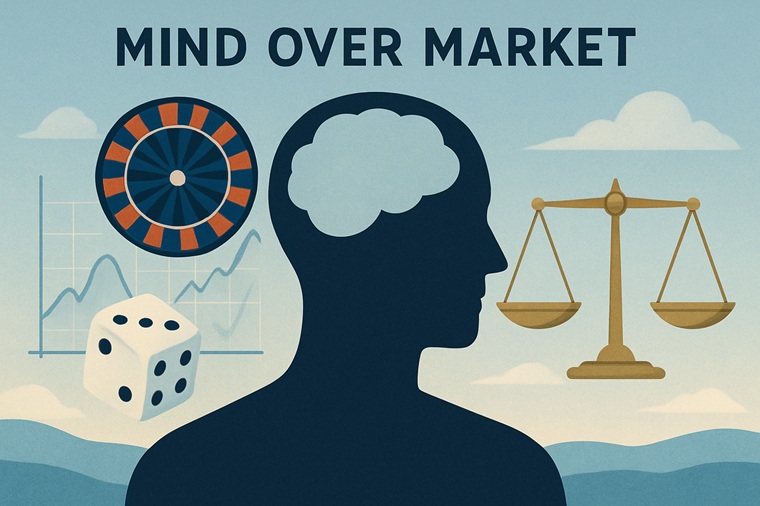
At the heart of Douglas's teachings is the principle that markets are uncertain, and every trade carries a random outcome. Attempting to predict with certainty is not only futile, but dangerous, as it fosters overconfidence or fear. Instead, traders must adopt a probabilistic mindset — embracing the fact that "anything can happen."
Three pillars define his philosophy:
This psychological framework became a lifeline for countless traders who found themselves repeating cycles of hope, fear, and regret.
Mark Douglas's Books, Mentorship, and Lasting Achievements
Douglas's influence expanded globally through his writing. His first book, The Disciplined Trader, published in 1990. was among the earliest works to tackle the psychology of trading head-on. It quickly gained recognition for identifying the mental pitfalls that undermine even the best strategies.
A decade later, his second book, Trading in the Zone, cemented his reputation as a leading authority. It remains one of the most recommended books among professional traders, institutions, and trading educators. Its clarity and focus on mindset rather than method set it apart from technical manuals, providing traders with a durable mental framework for long-term success.
Beyond books, Douglas worked directly with financial institutions such as the Chicago Board of Trade, Citibank, and Deutsche Bank. He designed seminars and training programmes, guiding professionals to overcome psychological barriers. His efforts earned him industry recognition, including Bull/Bear awards for his contribution to trading education. Even after his passing in 2015. his teachings continue to shape trading academies and online communities worldwide.
The Turning Point: Lessons from Mark Douglas's Most Famous Case
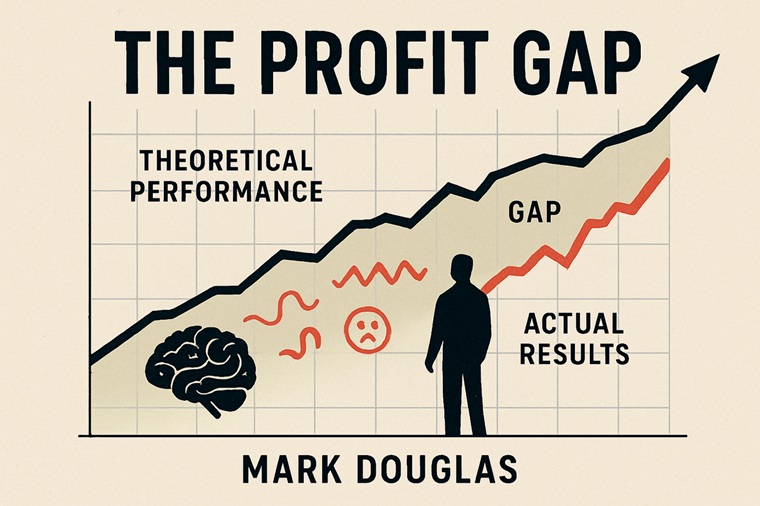
Perhaps the most famous concept Douglas introduced was what he called "The Profit Gap" — the difference between the theoretical performance of a trading strategy and the actual results achieved by the trader. The gap, he explained, is rarely caused by flaws in the system itself, but by the trader's psychology.
A notable case often cited is how traders with identical strategies, even within the same institution, would report drastically different results. Douglas showed that the variable was not the system but the mindset: fear of missing out, fear of loss, or overconfidence after a win. By teaching traders to accept randomness and act consistently, he demonstrated that the gap could be closed.
This case study has resonated for decades because it reveals an uncomfortable truth — the biggest obstacle in trading is often the trader themselves.
Words That Resonate: Timeless Quotes to Remember
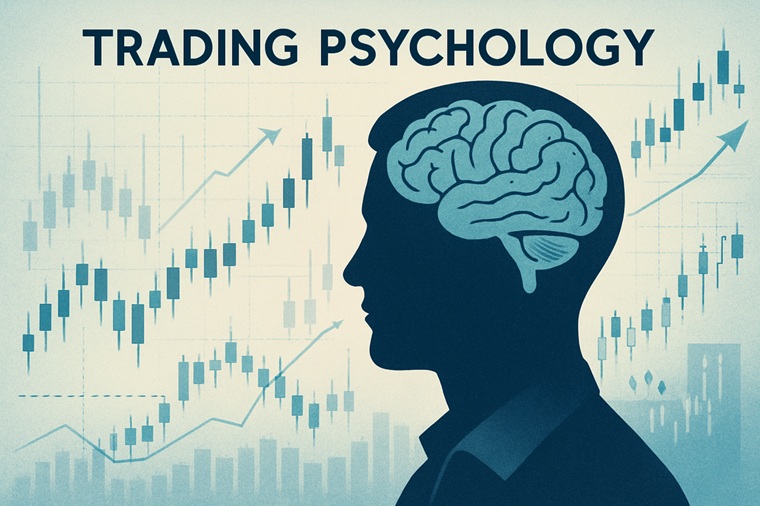
Douglas's teachings live on not only in his books but also in his memorable words. A few of his most powerful insights include:
"If your goal is to trade like a professional and be a consistent winner, then you must start from the premise that the solutions are in your mind, not in the market."
"Anything can happen. You don't need to know what is going to happen next in order to make money."
"When you genuinely accept the risks, you will be at peace with any outcome."
"The consistency you seek is in your mind, not in the markets."
Each of these statements encapsulates his philosophy: that trading mastery is not found in charts or indicators, but in cultivating the right mindset.
Conclusion
Mark Douglas transformed the way traders approach financial markets by reframing the battlefield: the greatest struggle lies not with the market, but with oneself. His teachings continue to inspire a generation of traders to prioritise discipline, embrace uncertainty, and think in probabilities.
In a field obsessed with technical systems and data, Douglas's enduring message is that the human mind is the true edge. For anyone aspiring to trade successfully, his work remains not just relevant but essential — a reminder that in trading, mastery begins from within.
Disclaimer: This material is for general information purposes only and is not intended as (and should not be considered to be) financial, investment or other advice on which reliance should be placed. No opinion given in the material constitutes a recommendation by EBC or the author that any particular investment, security, transaction or investment strategy is suitable for any specific person.









